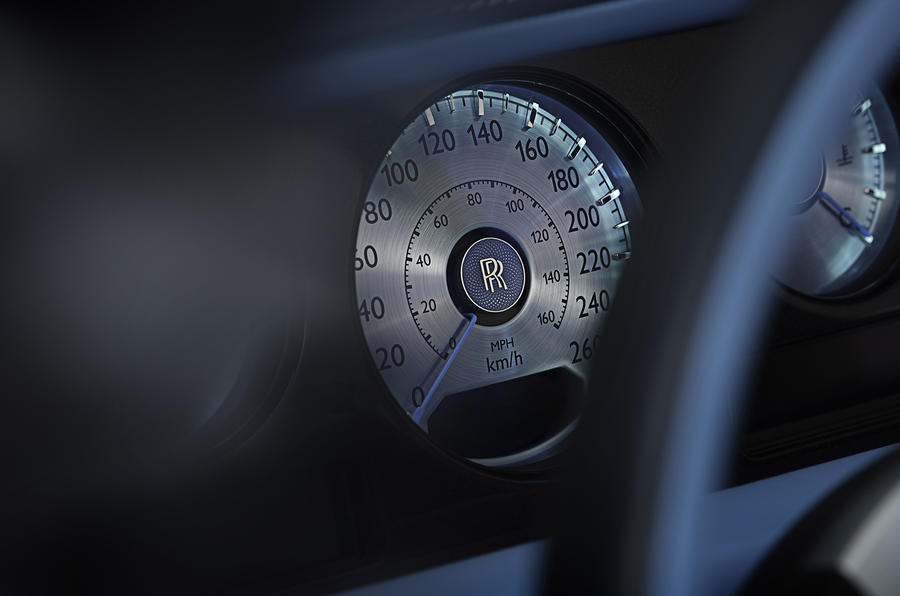
Have you ever been riding with a friend or family member and felt that you were in a race against the clock? If not, then perhaps you’re the loved one whose driving is constantly under review.
These situations describe everyday scenarios between the two different kinds of drivers: the fast and the efficient. No matter which side you land on, knowing how to avoid the “fast tax” and tailoring your driving to suit your budget will help you save money.
Dancing on the line of what is considered a sports car for insurance purposes won’t matter if you’re caught speeding. But, unfortunately, speeding tickets are not the only way auto costs can sneak their hands into your pockets.
The need for speed can not only get you in trouble but may also end up costing you more than the average driver on insurance, auto maintenance, and gas.
It Costs to Drive Fast
Aside from the impending danger, being a habitual speeder can cost you thousands of dollars. When you speed, it’s generally for the sake of saving time, but what else are you losing?
Sorry for debunking the age-old myth of speeding, but unless you are going on a pretty long road trip, you aren’t saving much time. By speeding, you’re only likely to shave about three minutes off the driving time for in-city trips, which isn’t worth the possible costs of a fine.
By speeding, you’re causing extreme damage to your car. Fast accelerations and harsh braking have been shown to decrease fuel efficiency by as much as 40%. This is why auto experts and mechanics recommend accelerating gradually versus putting the pedal to the metal.
In addition to unnecessary fuel loss, drivers who accumulate speed quickly often need to slam on their brakes harder and more frequently than drivers who steadily maintain the speed limit. Driving this way heavily wears out your car’s brakes and may even cause them to overheat.
The extra wear and tear habitual speeding takes on tires and brakes reduces their lifespan and can easily run up a bill of $400-$1,000 to repair. The average cost of brake repair doesn’t include needing an engine, shocks, suspension, and tire replacements or adjustments, which can all be damaged by driving too fast.
Not endangering yourself or others on the road should be enough of a deterrent from any kind of reckless driving behaviors. However, when safety rationale falls short, considering your wallet should help.
Bonus auto insurance tip: Auto insurance rates tend to go up 15% on average when drivers receive tickets for exceeding the speed limit by 30 or more miles per hour. After accumulating six license points, premium rates can increase up to 25% nationally.
License points will directly affect your insurance rate, but that may be the least of your problems. If you collect 15 or more, your state can take your license away altogether. Companies also tend to raise insurance premiums at slightly different rates.
How can I drive more efficiently?
High gas prices are easy to complain about, but have you asked yourself what you could be doing to save gas? Whether you’re a speeder in rehabilitation or just a driver trying to save some cash, this is a great question to ask.
A list of ways you can spare your vehicle from roadway wear and tear and increase your fuel efficiency includes:
Get Rid of Excess Weight
When you can, remove any items or accessories from your car that could be adding extra weight to reduce the drag of your vehicle. The heavier your vehicle is, the more fuel it burns in an attempt to move forward. Therefore anything with significant weight affects your fuel efficiency. From heavy bags of salt to bicycle racks on the roof, remove it if you’re not using it.
Turn Off Your Engine When Idle
You’d be surprised how much gas gets wasted when you’re not even moving. Exactly how much gas you waste will depend on your make and model, but avoiding idle waste is easily prevented.
Plan your trips as much as possible ahead of time so you don’t sit in heavy traffic, and turn off the engine if you’ll be waiting.
Drive Gently
Specific roadblocks are designed to slow you down, and trying to get around that interruption will only hurt you. Slowing down for red lights and speed bumps protects you and your car. On the other hand, when you accelerate quickly, slam your brakes, or continually put your vehicle in distress, your engine works twice as hard.
By slowly reducing your speed for bumps, lights, or roadside hazards, you will put less strain on your car and save fuel.
Measure Your Tire Pressure
Driving your car on low tire pressure is like running a marathon with no soles. As your tires deflate, your engine works harder to keep everything moving, which decreases your efficiency. Having low tire pressure may also lead to tire failure and cause premature tire wear.
Recirculate Your Air Conditioning
You shouldn’t deprive yourself of air conditioning, and using it won’t drastically affect your fuel efficiency. The button on your dash that has an outline of your vehicle with a curved arrow inside is designed to cool and heat the air already inside the car.
This decreases fuel waste by not overworking to regulate outside air and bring it to you. This feature will also help you avoid any less-than-pleasant smells that could be permeating an area nearby.
Minimize Your Driving
The best way to minimize fuel waste and decrease your carbon footprint is to drive less. In addition, using other forms of transportation like carpooling, bikes, scooters, or walking when you can will extend the life of your car.
Safe Driving is Driving More Economically
Tailoring your driving to optimize your vehicle efficiently may not be a solution for your financial problems, but it will surely help reduce car costs. In addition to saving you money, using these vehicle operating tips will also make your driving more eco-friendly.
When you speed or fail to keep up with your car’s maintenance, you’re increasing your carbon footprint without even knowing it. However, you can do your part and reap the personal benefits by minimizing your fuel waste.

Danielle Beck-Hunter writes and researches for the car insurance site, CarInsuranceCompanies.com. Danielle is an auto insurance expert and loves spreading knowledge that helps drivers save money.
